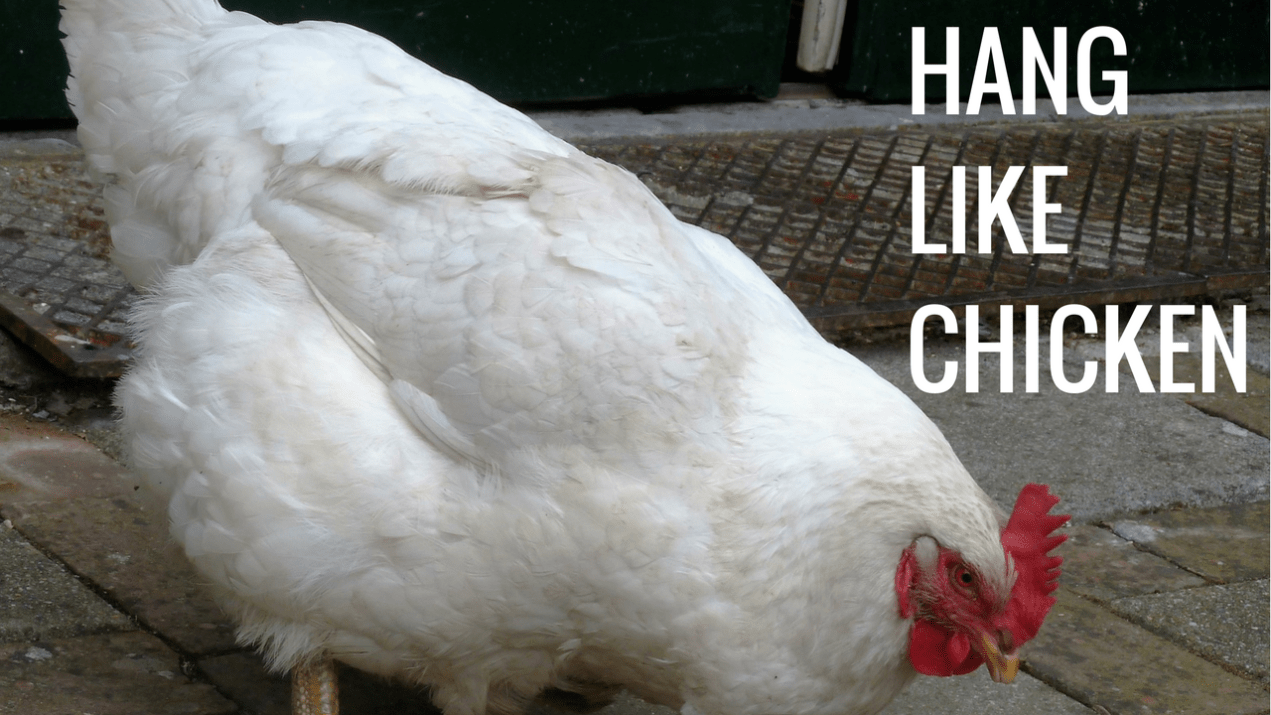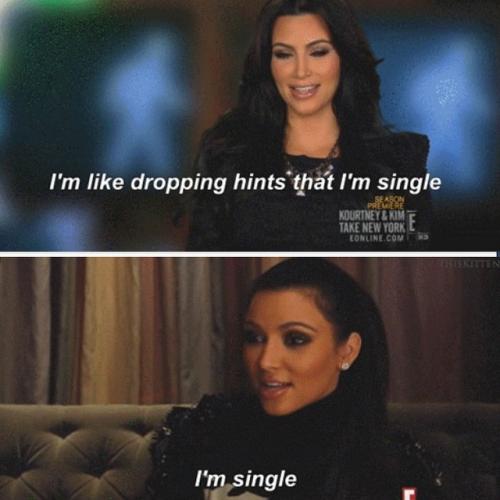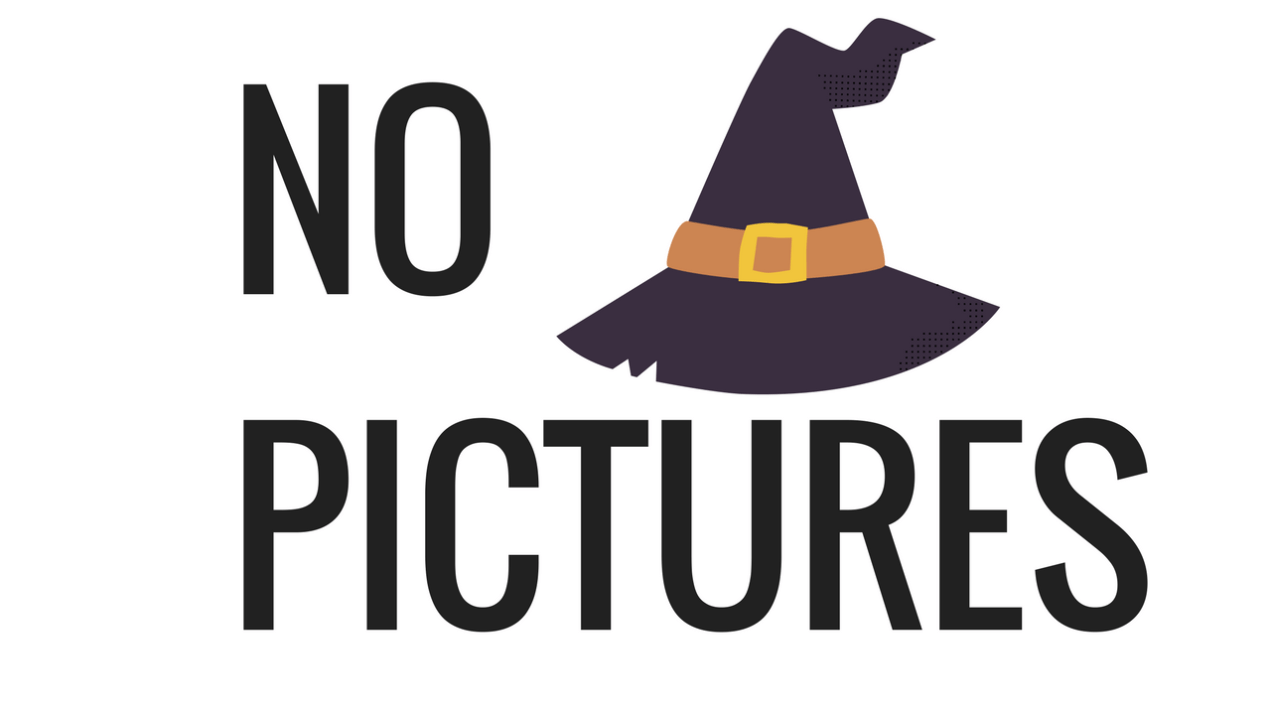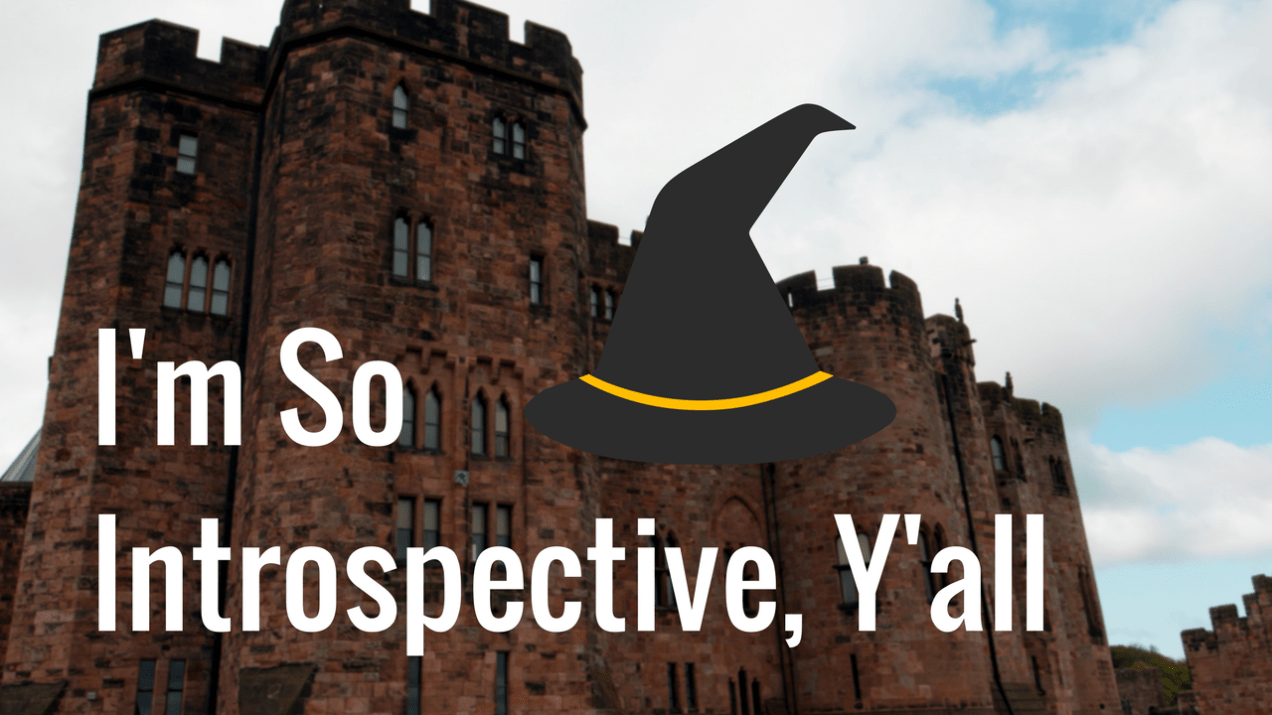I watched Call Me By Your Name on a flight back from Amsterdam recently (brag!). And whether it was the combination of airplane red wine and altitude, or perhaps a human, beating heart, I was so deeply affected by the viewing that I’ve floated in a fog the last few days, one that I’ve characterized as a “gay funk.”
A gay funk is a peculiar and particular kind of funk for me – and trust, I’ve got plenty of funk genres. It comes from a place of mixed happiness and sadness – the font of queerdom, the well of homosexuality.
I’m not going to get into it here – for a multitude of reasons, including that you are not paying me, sis, and also I doubt my psychiatrist would recommend that I do it – but I’ve spent the last few months coming to terms with the fact that a lot of my high school experience was fucked-up, and painful, and distinctly not okay. It’s hard in a lot of ways, to recharacterize something after the fact, but I’ve felt lighter for it.
So the idea of watching a movie that essentially splays out the past traumas I’ve been dealing with – youth and queerness and masculinity and love – sent red flares in my vision and, if I’m being honest, I actively avoided seeing the movie. But with the stretch of eight hours ahead of me and nothing to do but sit, I finally relented.
It also comes from a very legitimate place of cynicism. Queer men, particularly gay, white men, are luckier than others in our community in the fact that we have had more and varied representation in the media. But still, the idea of a movie that depicted my experience made me wary and scared. We get so few chances, and I didn’t want one to be squandered. I wanted to remain unseen.
But in a similar way to Lady Bird, Call Me By Your Name truthfully and honestly depicted shades of my life in ways that felt like a tribute, rather than an exploitation.
It was painful to watch, Call Me By Your Name, but it was a curious pain because I felt it lancing me softly and beautifully. I felt parts of me uncoil, spirals of sadness that have been clamped up for so long. I was sad watching the movie, and jealous in ways, and unjealous in others.
Surprise, surprise, but I did not have a love story like Elio and Oliver’s in my high school experience. I had one, very intense and unrequited love – in the way that only seventeen-year-old closeted kids can love – but I related to the breathless, heartsick trill of their relationship. And honestly, I can’t ignore the fact that Armie Hammer is of the same mold as my high school crush: blonde and strappingly all-American.
So much of the romance in my life has been wrapped up with shame, longing, sadness and guilt, and that what I felt the movie portrayed so honestly. How love is propelled by a desire to satiate your own loneliness, quell the turmoil and the self-sabotaging desire to jump. Despite growing up in a world that was growing more and more tolerant of being gay, I don’t recall any positive representation of queer love in my childhood. I had no interactions with gay people, had no inkling that they could be thriving adults.
Watching Call Me By Your Name invoked a sadness similar to the first time I read Giovanni’s Room, sadness that our experience of love is so often colored by pain. I know that this can be a universal experience, but it feels particularly like the nexus of queerness. It’s sad, but it’s also comforting; that we’re a part of a lineage and history that extends beyond your singular, mortal self, despite that mantle being so wrought with pain.
Hence the gay funk: so many of the queer people I know didn’t get to have clean, cut-and-dry first experiences. They were tainted by who we were, and how the world treated us. So watching Call Me By Your Name made me viciously jealous of a tenet of teenhood that I missed out on. The movie made me sad for the kid that I was. The kid who was robbed of so many things, so many experiences. For all the love that I did have, there was so much love spilled on the ground, wastefully draining away. I’m sad for what he had to go through, for what he didn’t realize he was going through, and for what he would be going through.
But the movie made me happy in a lot of ways, because that pain was clarifying for me – it crystallized, for good and bad, the person that I am. It made me a fighter and empathetic and clumsy, complex and ruthless and fragile. It made me question who I was – it made me fight for myself. It grounded me in my own soil. It also reminded me that, in spite of it all, I loved being a teenager. I loved feeling all the nuances and complexity of emotions – first best friends, first break-up, first disappointment, first triumph. Like Mike Phelps was built for swimming, I was built for feeling things deeply. A lot of that (lol) was depression, but I think that even without being depressed, my body would be carved for intensity of feeling.
And it’s funny, because if I saw that kid – seventeen-year-old me – I would think that he was beautiful. I would admire his grit, his humor, his broken attempts at concealing how deeply and tumultuously he cared. I would’ve found him brave, and witty, and endearing, even as he attempted to be as spiky as possible. It’s the lasting echo I’ve carried with me since watching the movie: deep, bursting love for the kid that I was, despite everything, despite all the pain. And that’s what the end of the movie was about. Closing yourself off from grief is another kind of trauma. Feeling things deeply is not a curse, it’s part of the experience.
So much of life is love tempered with pain. One doesn’t exist without the other.











